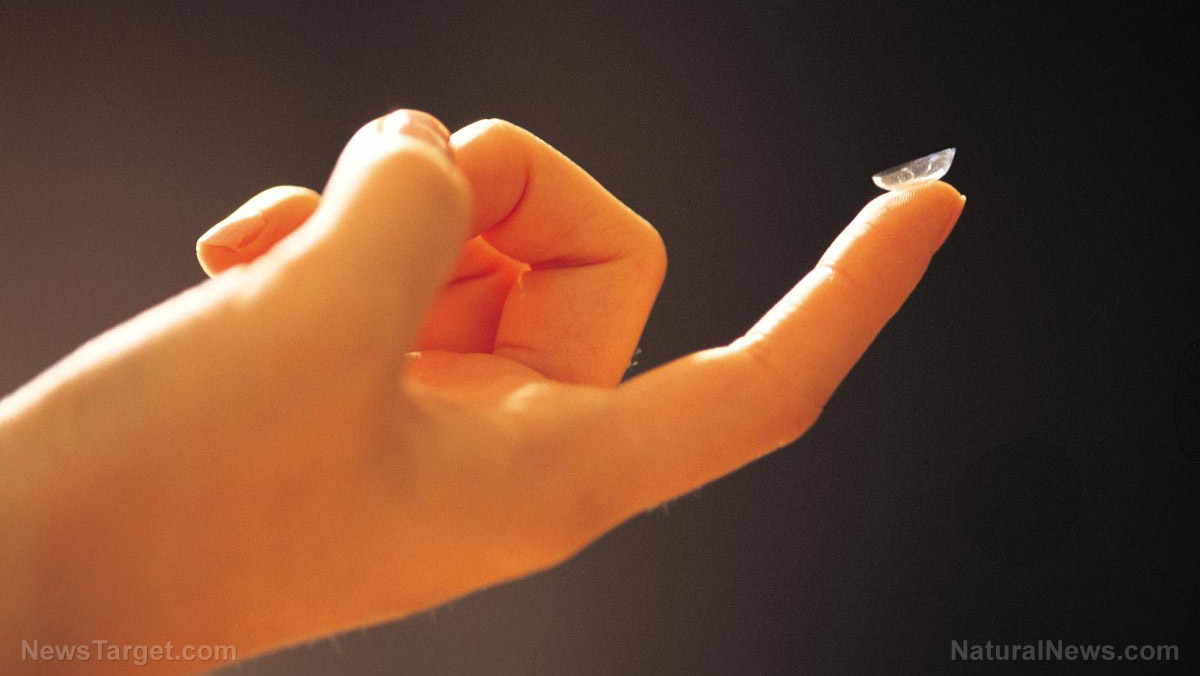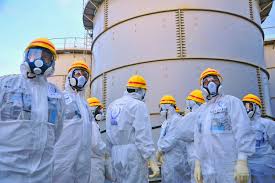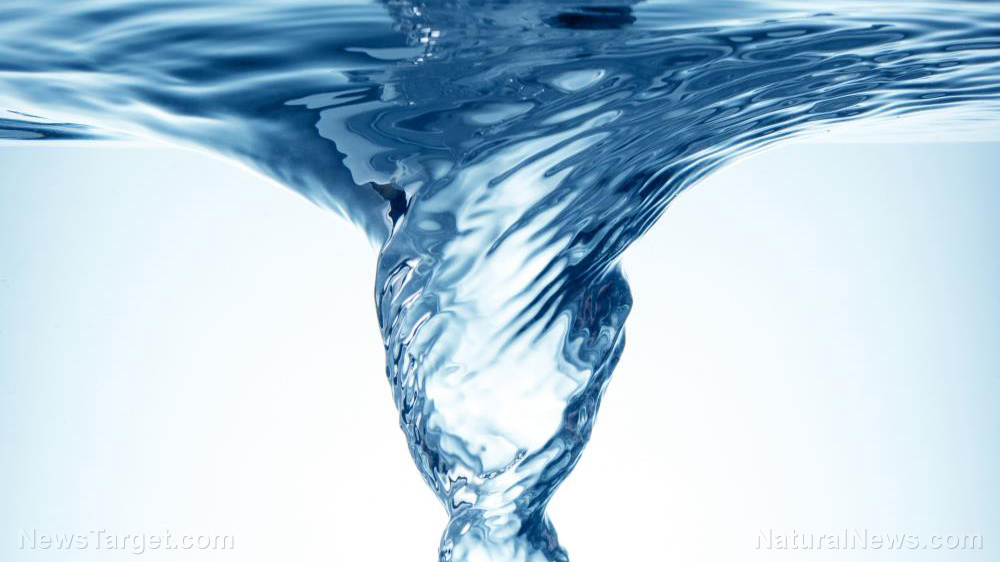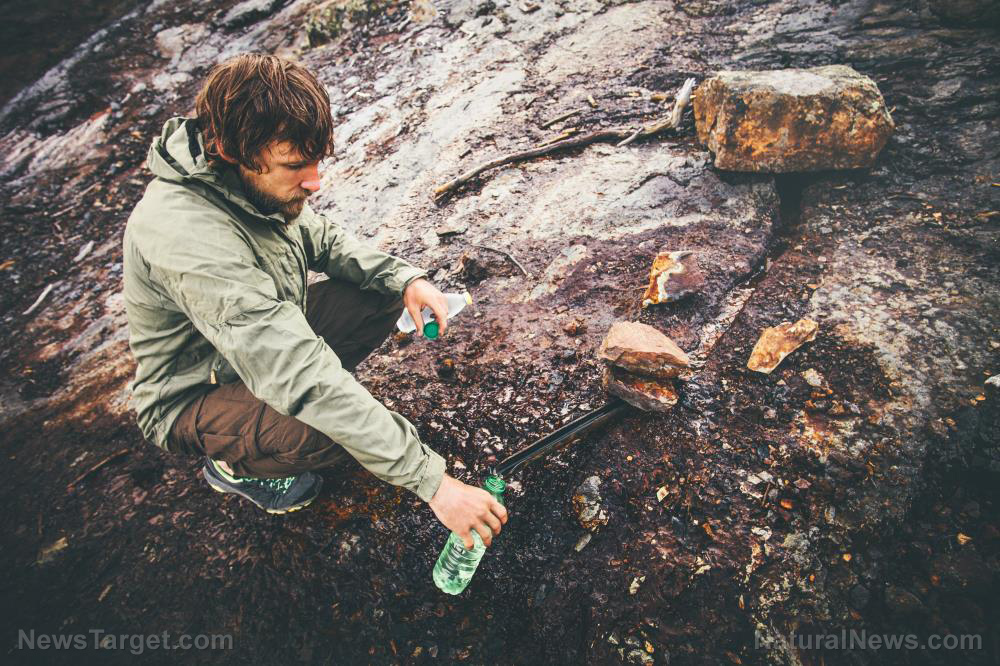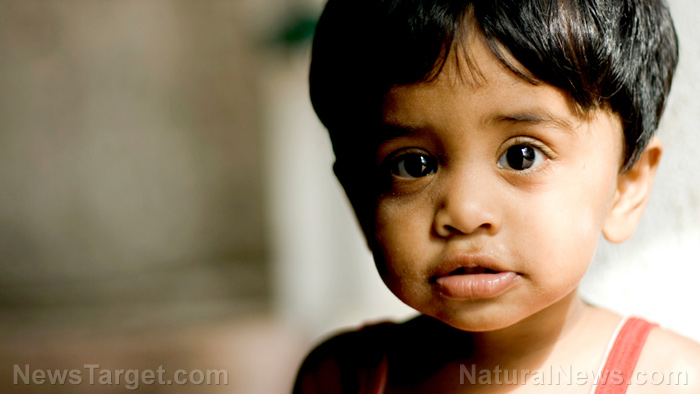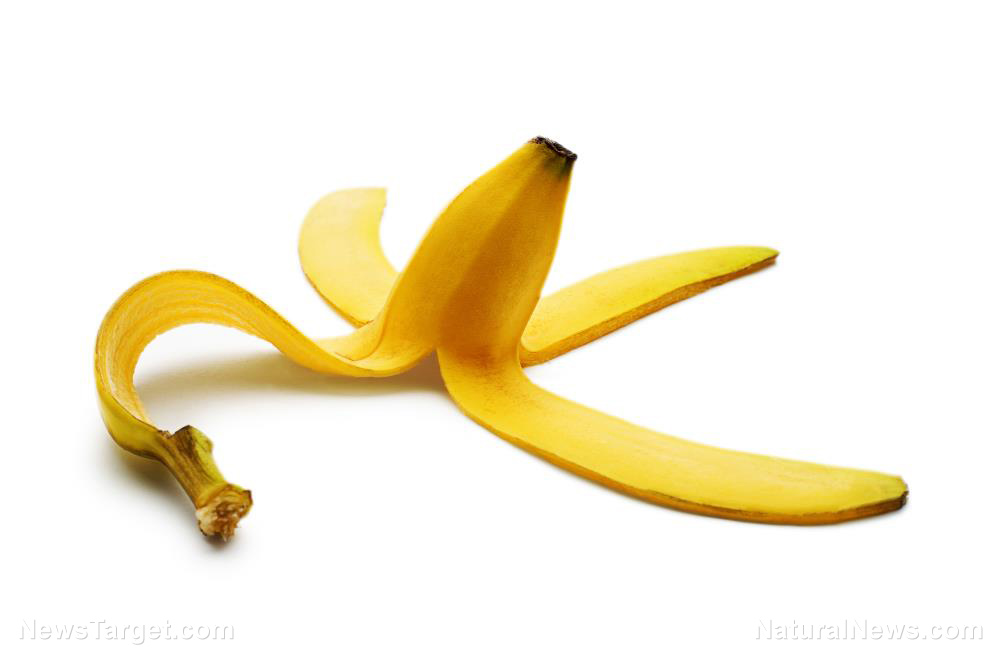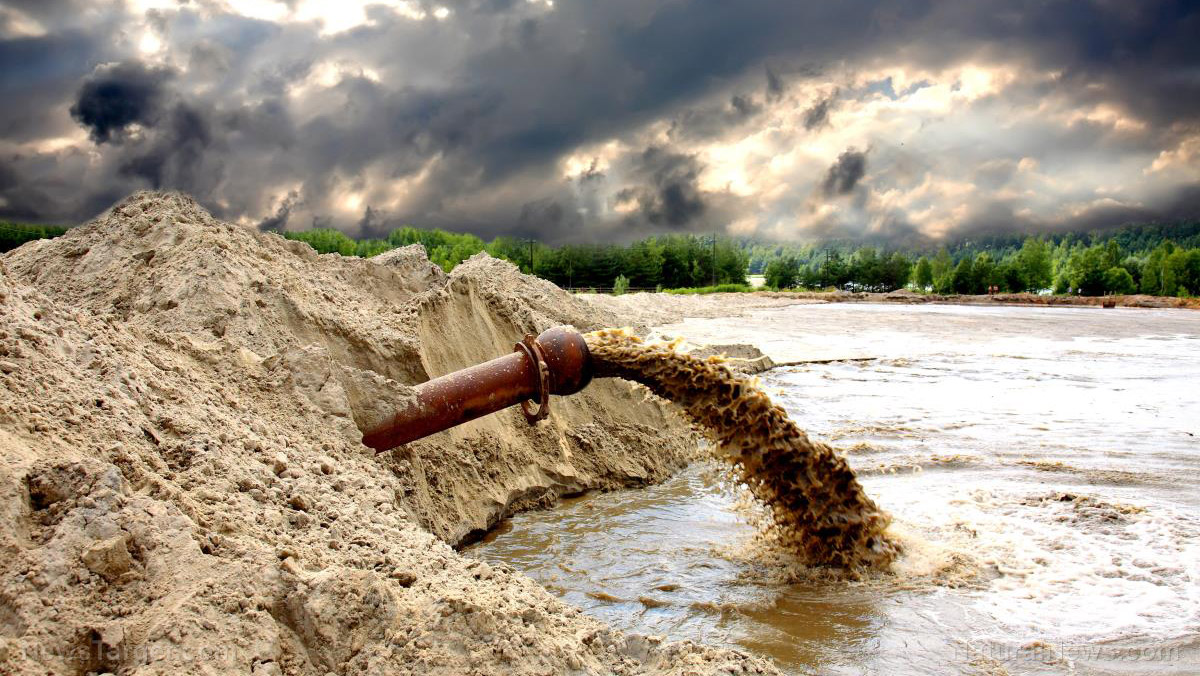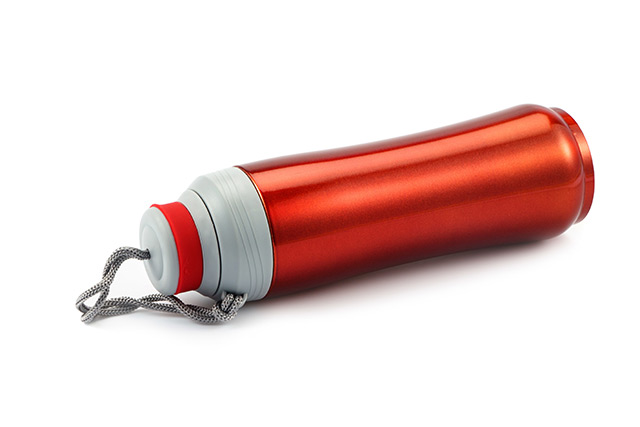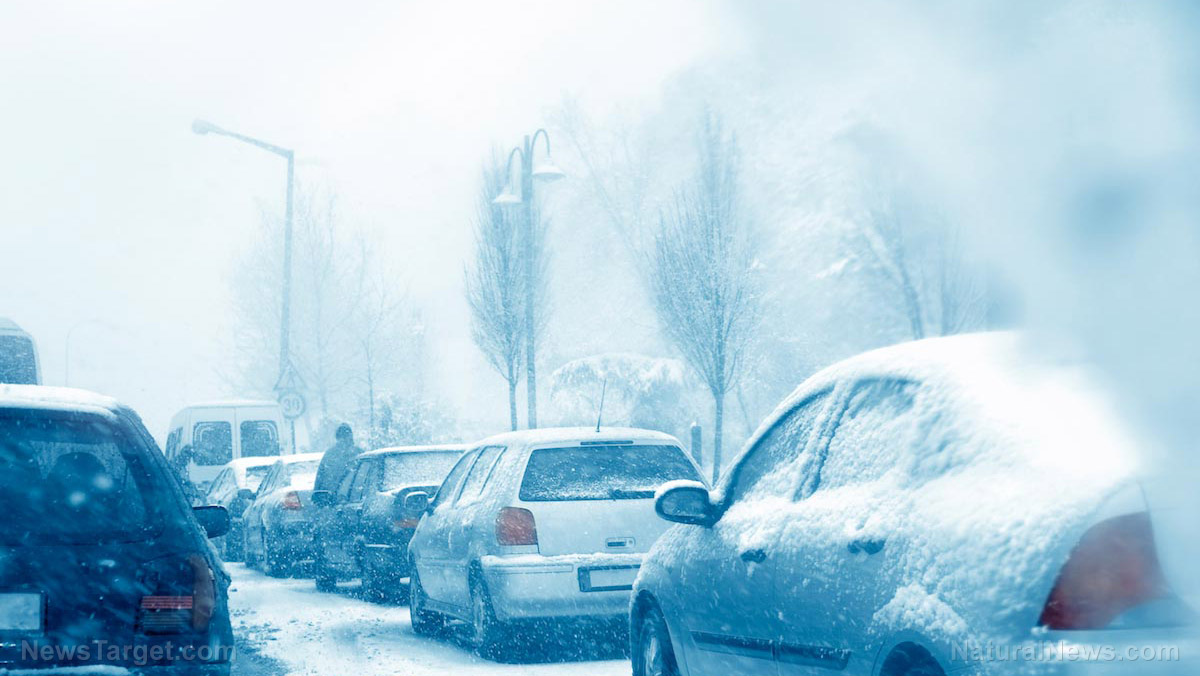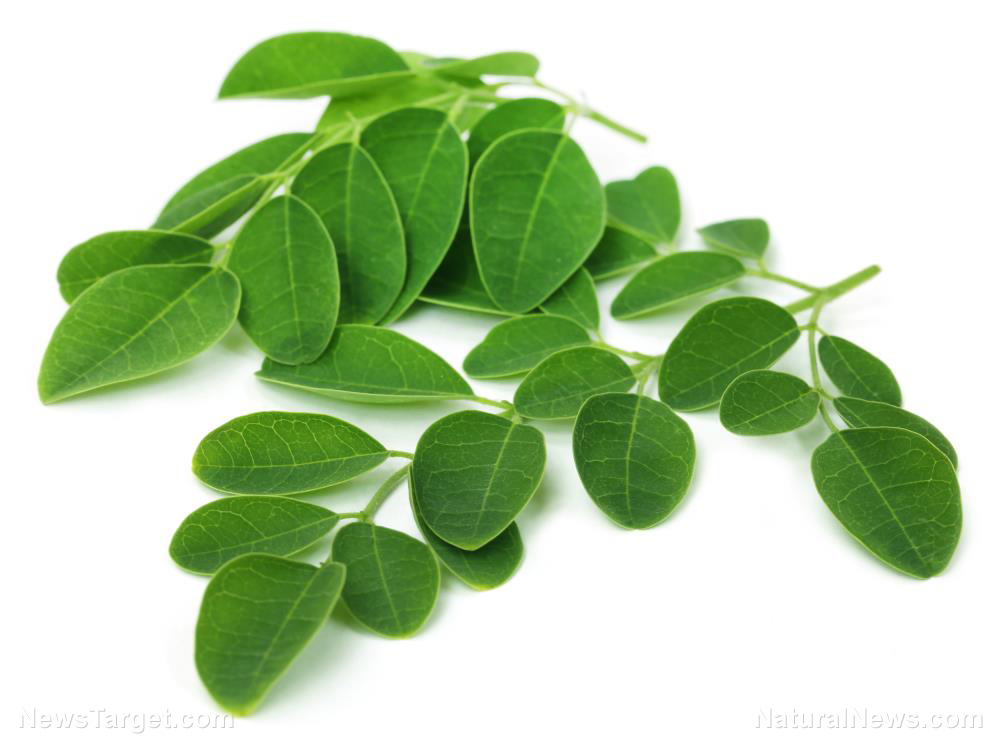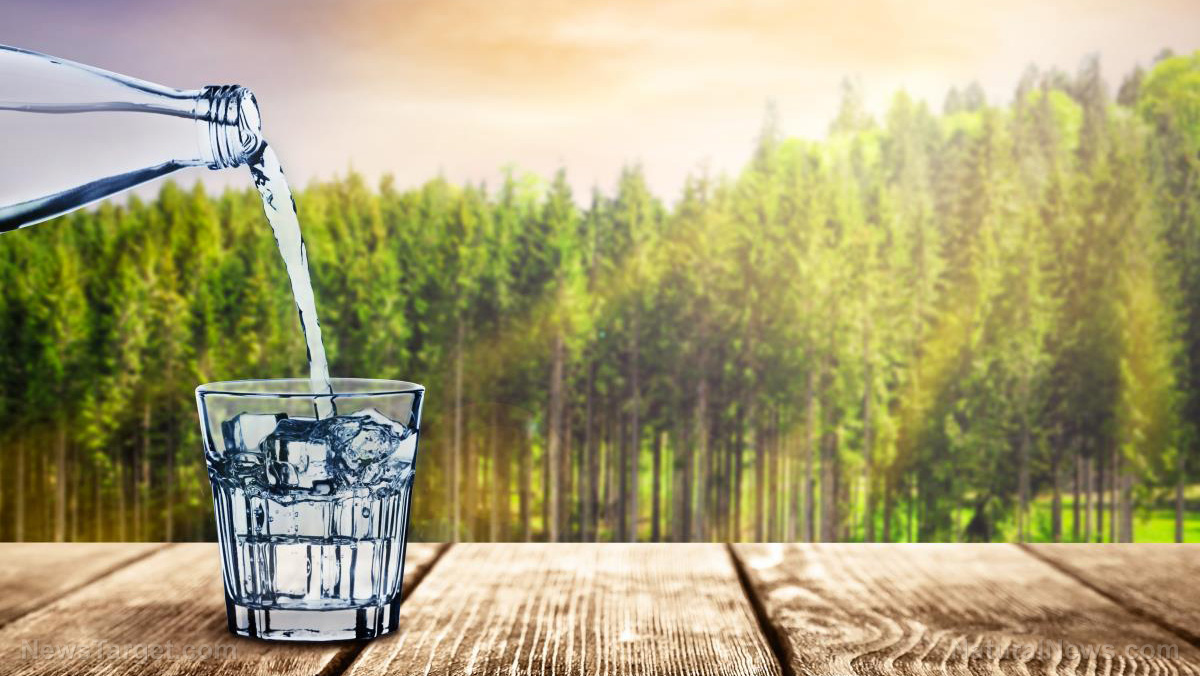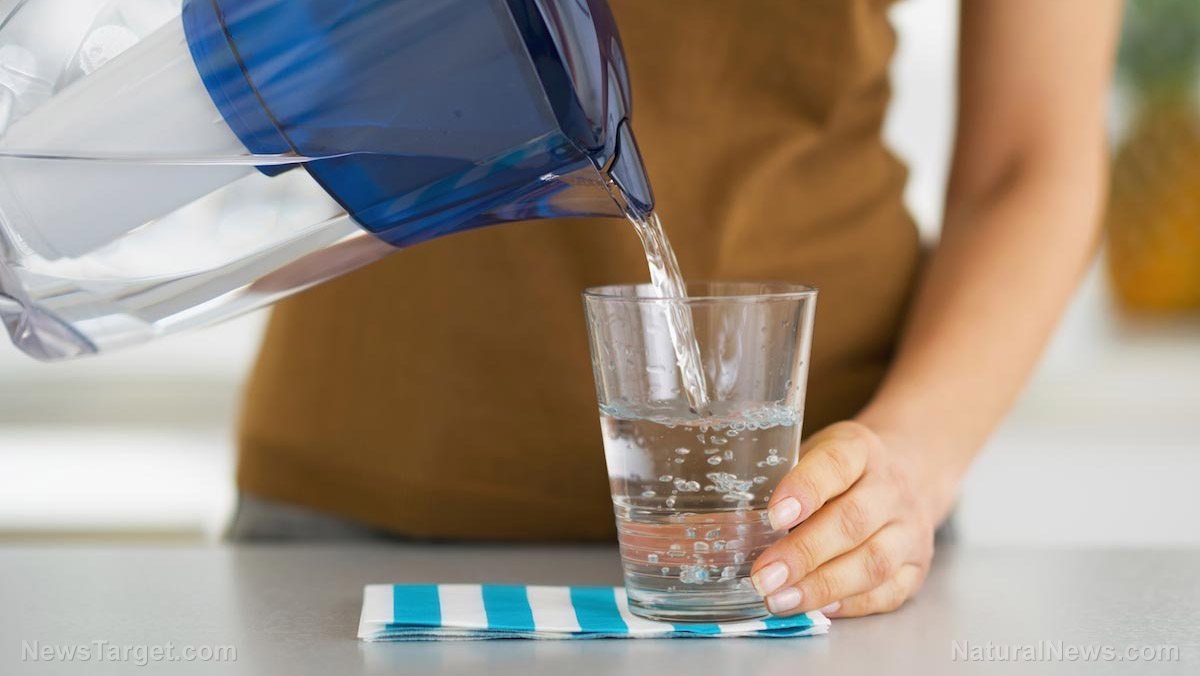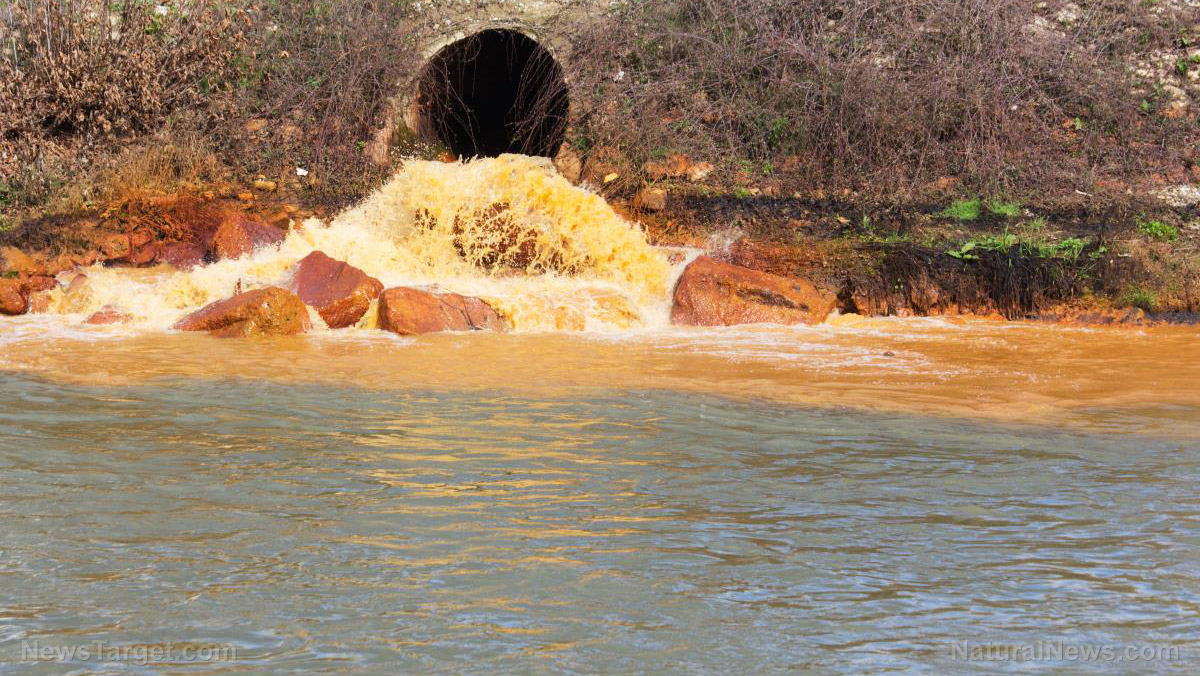U.K. scientists call on public to help track and map plastic pollution on local beaches
07/15/2018 / By Edsel Cook

Britain’s coastlines are so polluted with plastics that researchers have turned to the public for assistance. An online interactive map of the U.K. will allow anyone to identify and map plastic garbage found on local beaches, reported The Guardian. Researchers from the British Science Association (BSA) cooperated with members of the charity The Plastic Tide to create the map from aerial photos and drone surveys of British shores. They released it during British Science Week to heighten public awareness about common and strange pieces of garbage.
Commonly discovered garbage include bottles, fishing lines, and the discarded lids of food containers. Meanwhile, lavatory seats, tampons, and toys are some of the odder items found on beaches. The researchers have requested the public to tag items as part of their ongoing effort to chart plastic pollution throughout the British isles. Participants will be looking for pieces of garbage that are at least one or two centimeters in size. The map contains more than 250,000 images that require tagging.
It’s a big job, but completing it will create a very powerful computing tool that can comprehend the origins of plastics and marine litter. Furthermore, the new computing tool could identify the type of material present and calculate the volume of trash involved. This makes it easier for The Plastic Tide to study the ongoing plastic crisis. (Related: Taiwan to ban all disposable plastic items by 2030.)
Tips for plastic taggers
The Plastic Tide offers some tips to taggers.
Plastics and other trash are usually brightly colored to grab the attention of potential buyers. Their artificial shapes also tend to contrast with the natural material found on beaches. For example, a bottle would stand out among pebbles. The bigger fishing nets will often be wiry or rough, while the finer ones will seem blurry. Several types of seaweed happen to resemble nets, though.
Once you’ve spotted a piece of plastic, you will be prompted to tag it. The Plastic Tide provides several categories for tags.
- “Plastic fragments” are trash that have broken down into smaller pieces. They are subdivided into hard fragments, like broken bottles, or soft ones, like shredded packaging or wrappers.
- “Ropes, string, and fishing gear (lines, nets)” involve any plastic that is shaped like a string, line, or net. These items are often found in a tangled mess.
- “Plastic drink bottles” encompass any plastic container that once held drinks. Any bottle that doesn’t look like something you can drink out of goes into “All other types of bottles and containers.”
- “All other plastic or litter items” comprise anything that does not fit the previous categories.
Plastic rope, small net pieces tie for most common trash
The Plastic Tide also compiled a list of the 10 most commonly found plastic trash on British beaches:
- Plastic rope/small net pieces (37 percent)
- Plastic or foam fragments (29 percent)
- Plastic food wrappers (seven percent)
- Plastic bags (five percent)
- Plastic bottles (four percent)
- Fishing lures and lines (four percent)
- Container caps (three percent)
- Fabric pieces (two percent)
- Plastic jugs or containers (one percent)
- Straws (one percent)
“Marine creatures die each year through starvation due to eating plastic that stays in their stomach making them feel full,” warned Peter Kohler, founder and head of The Plastic Tide charity group.
According to his estimates, humans unknowingly eat as much as 11,000 pieces of microplastics each year. He also warns that there will be 80 million tons of plastic dumped into the sea every year by 2025 if they leave the matter be.
“The good thing, though, is everyone has the opportunity to be part of the solution,” Kohler suggested. “Helping identify rubbish on The Plastic Tide site will be one invaluable way of helping to keep our beaches clean.”
Sources include:
Tagged Under: aquatic ecosystems, beach, environmental damage, local beaches, marine ecology, marine life, microplastics, Oceans, plastic bags, plastic bottles, plastic garbage, plastic trash

